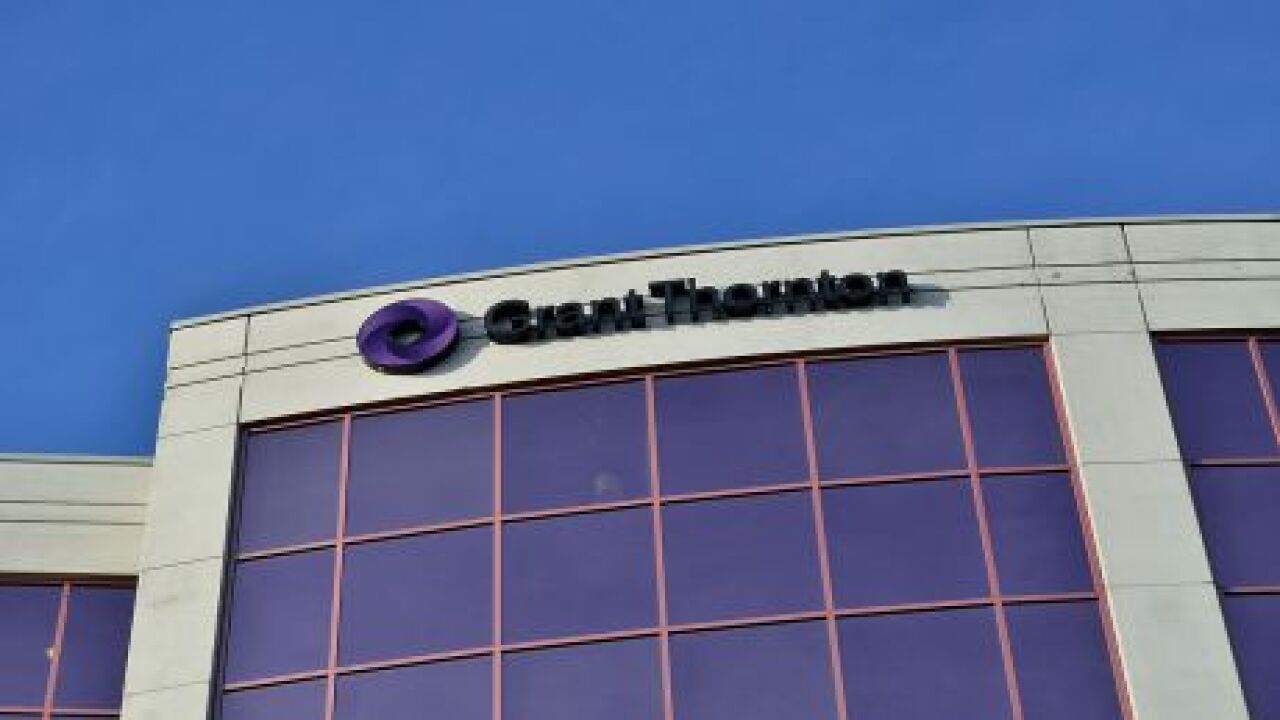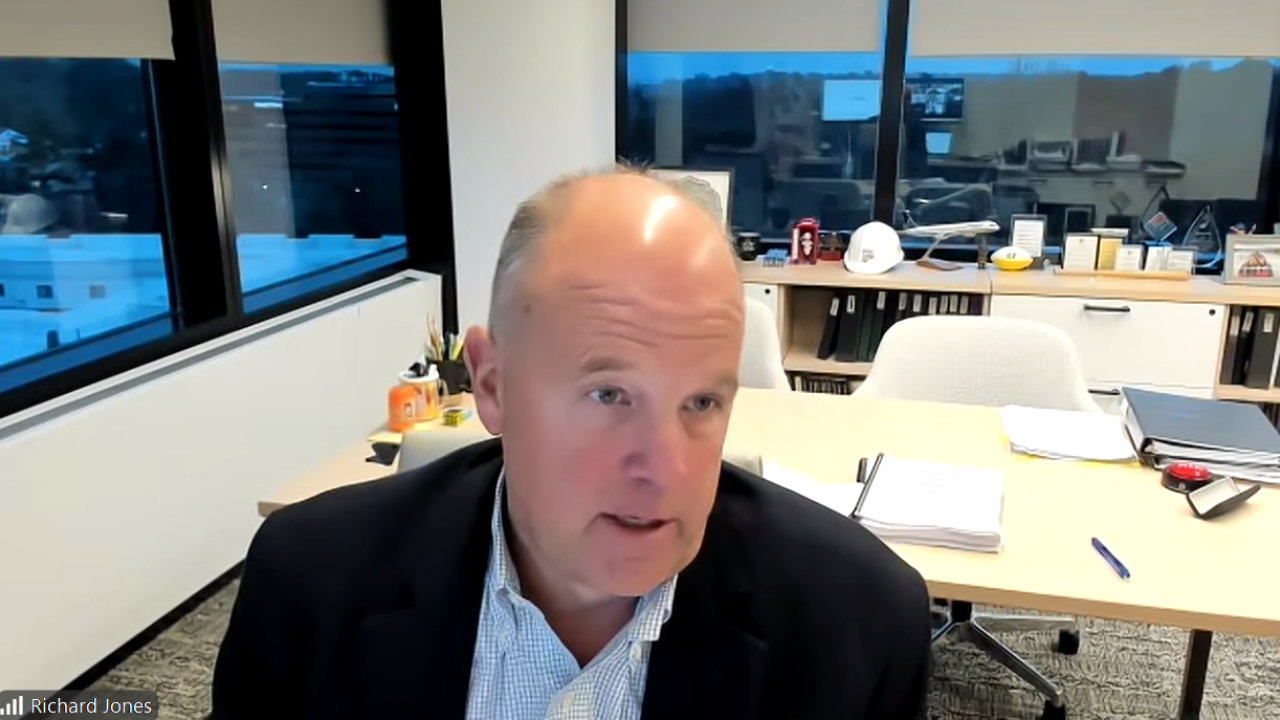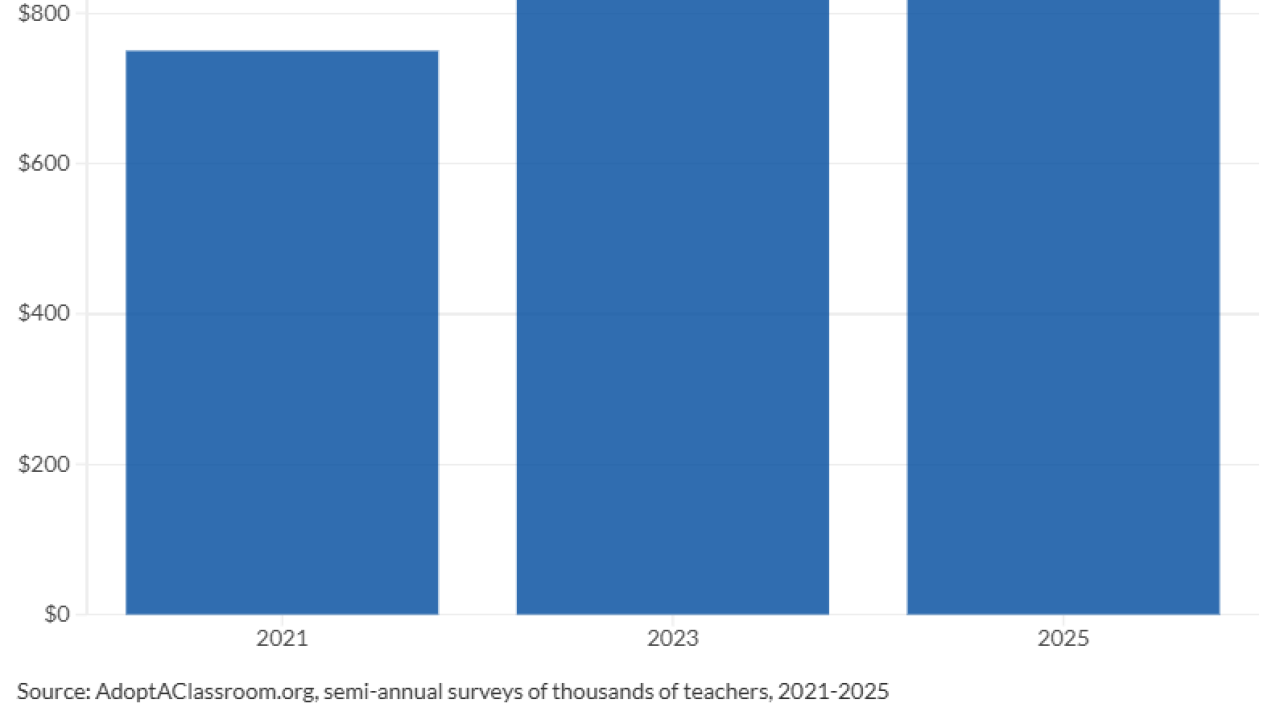Accounting — the language of business — is facing a talent crisis. Across the country, fewer students are choosing to major in accounting, and CPA exam participation has dropped sharply. This shrinking pipeline comes at a time when the profession faces a wave of retirements and an increasingly complex business environment. If this trend is not reversed, firms will face critical staffing shortages, investors and creditors will struggle to access timely and reliable information, and regulators will find it more difficult to detect fraud. A weakened accounting profession threatens not only the integrity of financial reporting but also the efficient allocation of capital that underpins economic growth and our standard of living.
Why are students turning away from accounting?
The reasons are multifaceted, but several themes emerge. First, accounting suffers from an image problem. To many students, it appears narrow, tedious or less exciting than majors such as finance, data science or analytics. At a time when younger generations value purpose and flexibility, the stereotype of long hours and "busy season" burnout in public accounting can be a major deterrent.
Second, the 150-hour requirement for CPA licensure creates a significant barrier. Prospective accountants face an extra year of coursework — often translating into tens of thousands of dollars in tuition — without the immediate earning potential offered by competing career paths. Combined with starting salaries that have historically lagged behind finance and tech, it is no surprise that many students take their quantitative skills elsewhere.
Finally, technology and globalization have reshaped perceptions of the field. Automation, artificial intelligence and offshoring have replaced many traditional bookkeeping and compliance tasks. While these developments actually create opportunities for accountants to move into analytics, forensics and advisory roles, the initial impression to undergraduates is often one of reduced stability and excitement.
The profession is responding — but more must be done.
Some firms, particularly the Big Four and large regionals, have increased starting salaries and clarified promotion pathways to attract new graduates. (See "
Meanwhile, universities are modernizing their curricula to emphasize technology and the skills of the future. Courses increasingly incorporate advanced Excel, R, Tableau and data visualization tools. Some programs are seeking STEM designation to signal the analytical rigor and career versatility that accounting can provide.
Equally important is how we communicate the opportunities in accounting. Today's students want careers that feel purposeful and dynamic. The profession can deliver that story — through fraud and forensic accounting, ESG reporting, blockchain auditing and data-driven advisory work. These are not the careers of the past; they are the careers of tomorrow, and they begin with an accounting degree.
If the profession, universities and regulators act decisively, there is reason for optimism. Coordinated reforms to licensure, modernized curricula and a refreshed message about the value of accounting can restore the pipeline of talented young professionals. Accounting remains the language of business, and by adapting to the expectations of the next generation, it can remain a vibrant and essential career path for decades to come.





